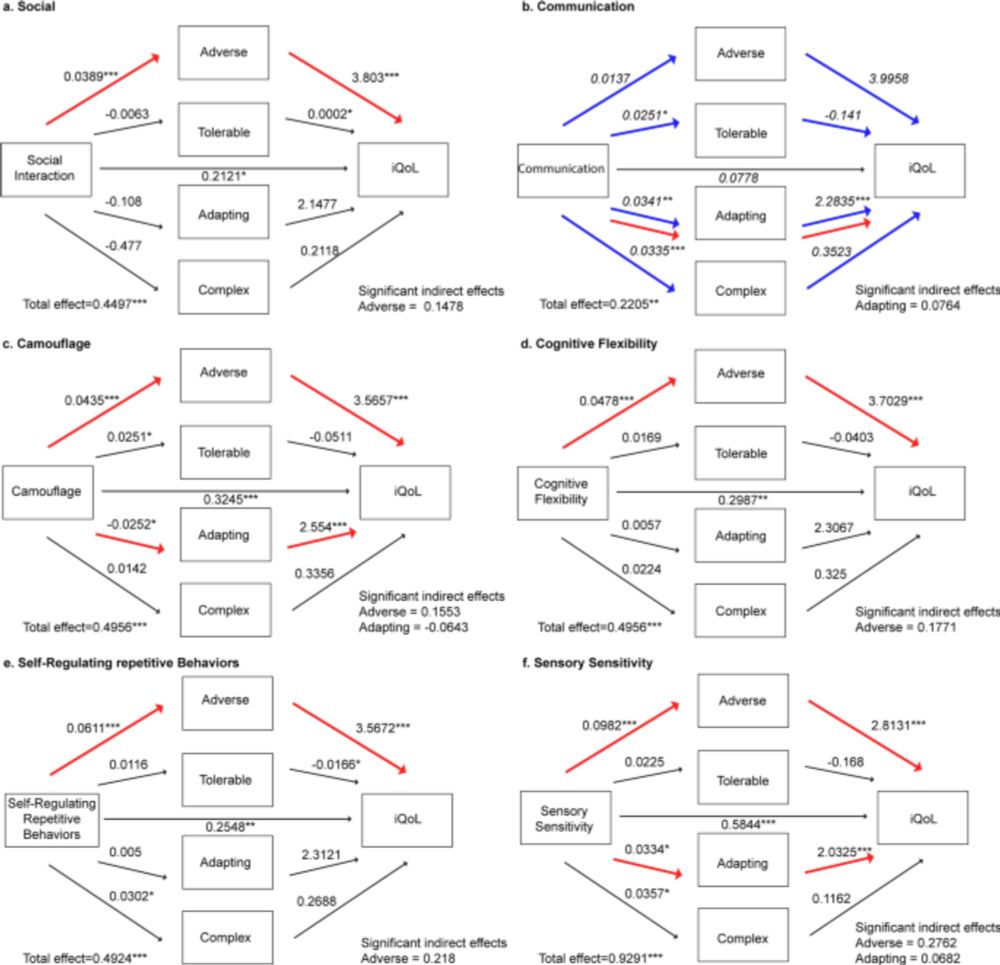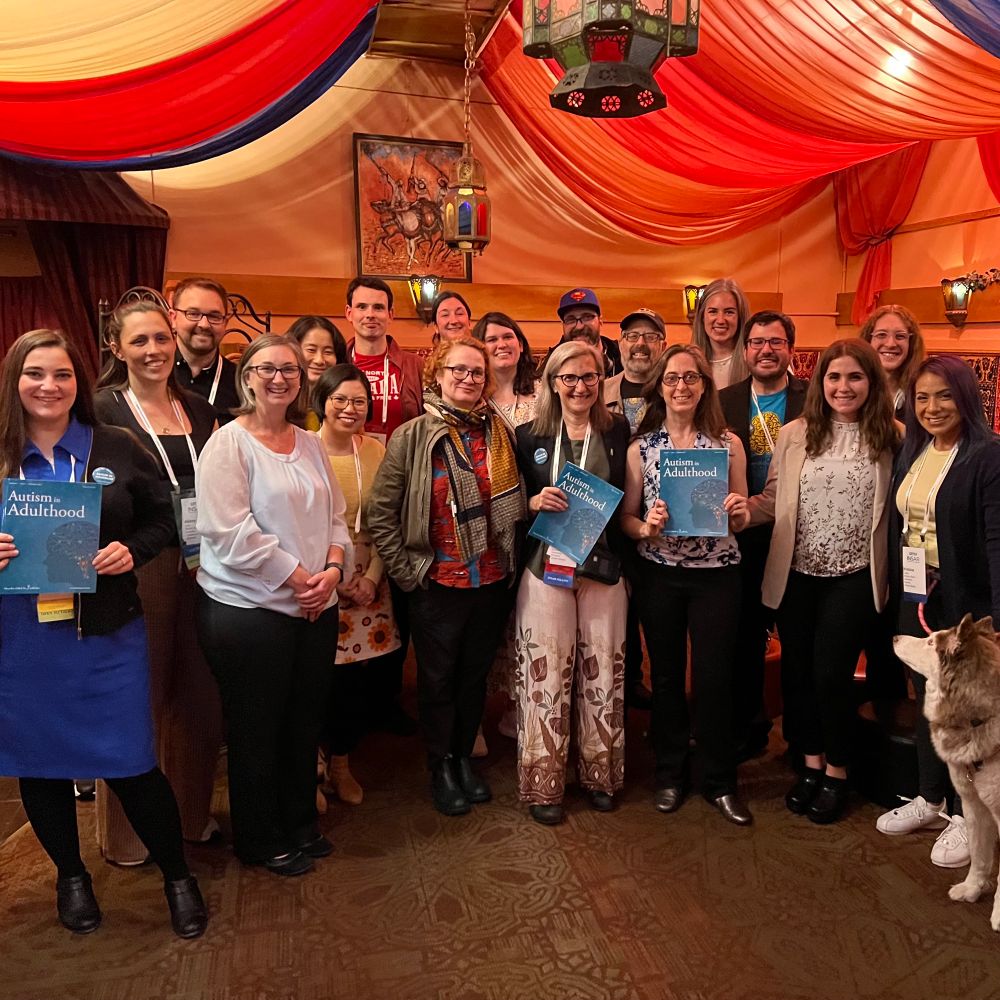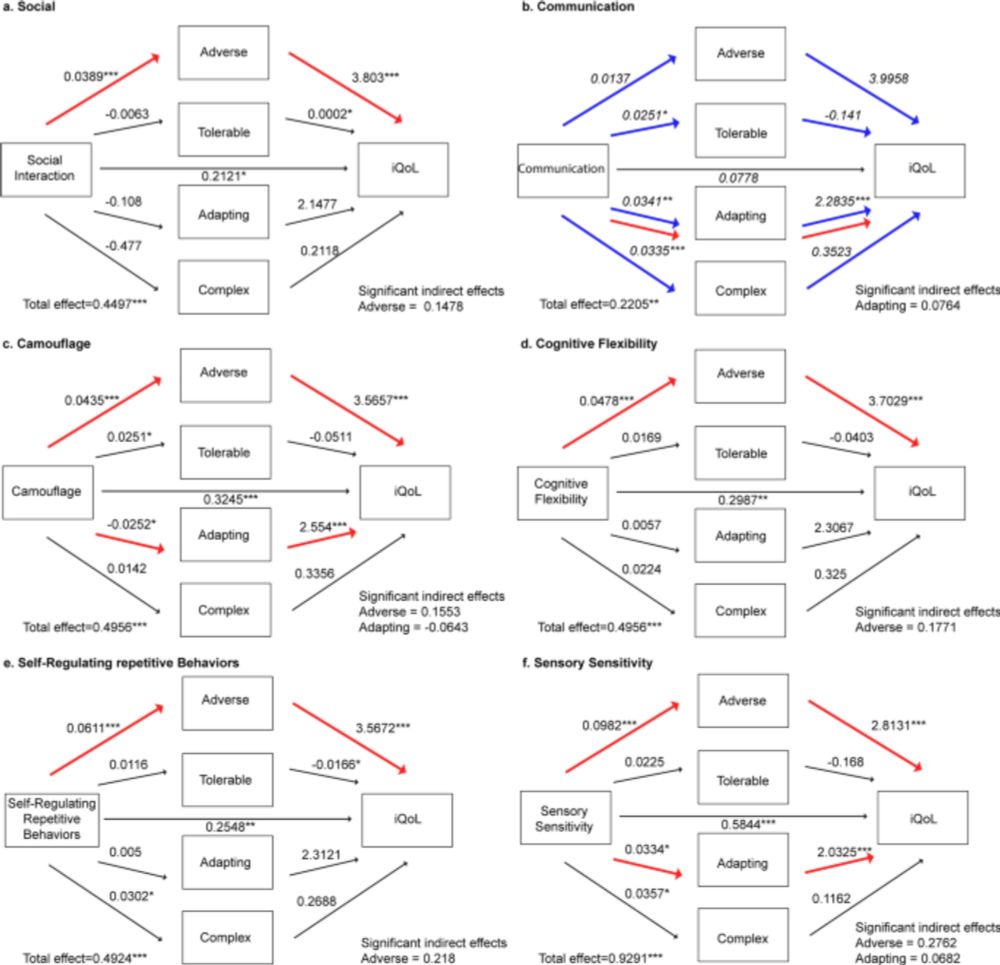Diana Tan
@dianatan.bsky.social
940 followers
140 following
32 posts
Autism researcher at Macquarie University (Australia). She/Her. Views are my own.
Posts
Media
Videos
Starter Packs
Pinned
Diana Tan
@dianatan.bsky.social
· Mar 23

“Seeing the Value of Who We Are”: Understanding and Supporting Autistic University Students | Autism in Adulthood
Background: The number of autistic students enrolling in universities is increasing, yet many of them face significant challenges in navigating academic, social, and environmental demands. Existing re...
doi.org
Reposted by Diana Tan
Reposted by Diana Tan
Reposted by Diana Tan
Reposted by Diana Tan
Reposted by Diana Tan
Steven Kapp
@drstevenkapp.bsky.social
· May 13
Reposted by Diana Tan
Reposted by Diana Tan
Reposted by Diana Tan
Reposted by Diana Tan
Reposted by Diana Tan
Reposted by Diana Tan
Reposted by Diana Tan
Reposted by Diana Tan
Reposted by Diana Tan
Reposted by Diana Tan
Reposted by Diana Tan
Brian Irvine
@brianirvine.bsky.social
· May 2
Diana Tan
@dianatan.bsky.social
· Mar 23
Diana Tan
@dianatan.bsky.social
· Mar 23
Diana Tan
@dianatan.bsky.social
· Mar 23

“Seeing the Value of Who We Are”: Understanding and Supporting Autistic University Students | Autism in Adulthood
Background: The number of autistic students enrolling in universities is increasing, yet many of them face significant challenges in navigating academic, social, and environmental demands. Existing re...
doi.org
Diana Tan
@dianatan.bsky.social
· Mar 1













